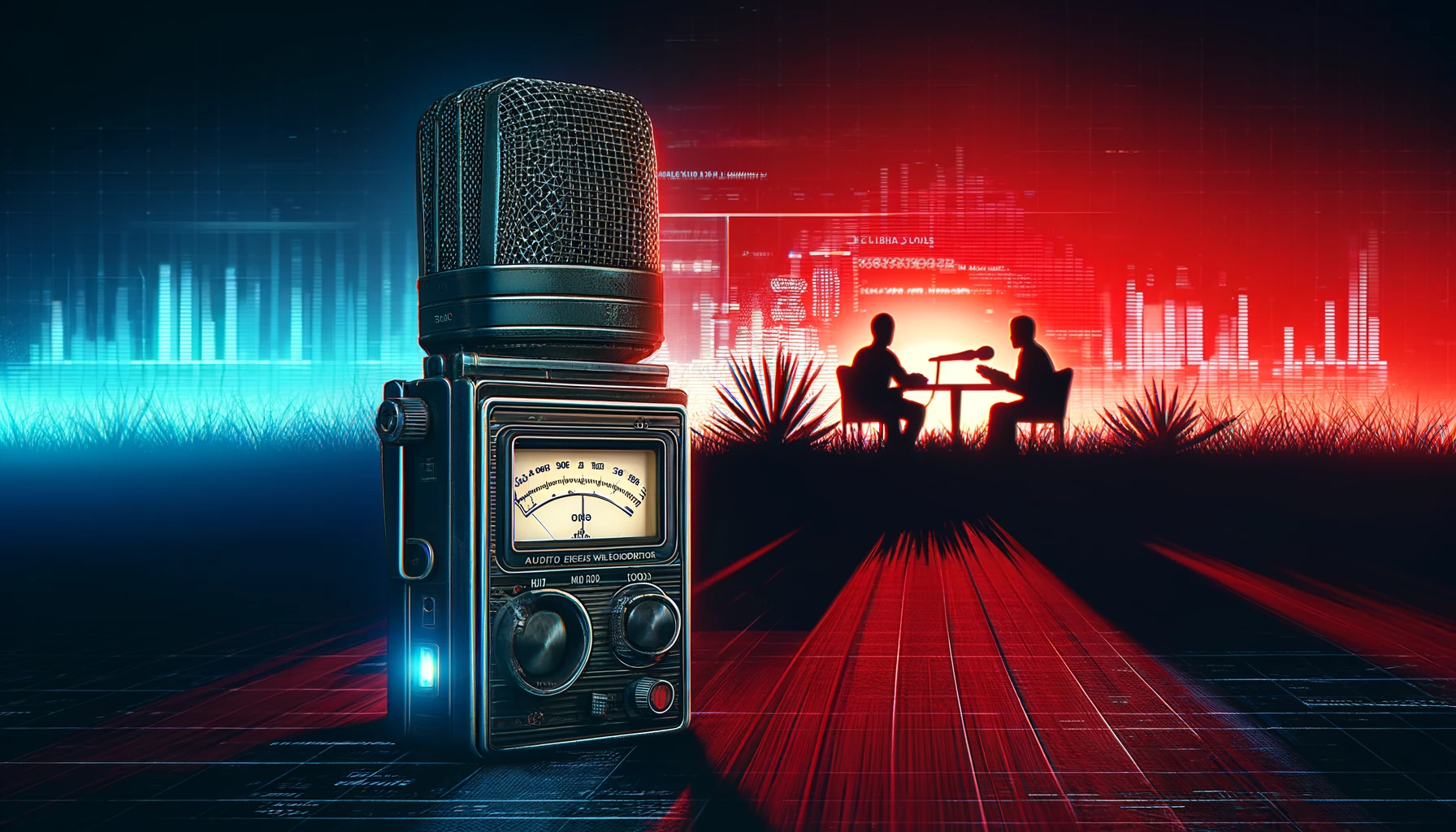DOJ won’t release Biden interview audio over deepfake concerns
The US Justice Department (DOJ) cited risks of AI disinformation and deepfakes as reasons why it won’t release audio of Joe Biden’s special counsel interview over his handling of classified documents. The DOJ concluded that there was no basis for prosecuting Biden, but the transcript of the interview became welcome fuel for critics of Biden’s mental faculties and ability to run for another term. Reading a transcript is one thing, hearing the audio of the US President struggling to remember the date his son died or forgetting who the president of Mexico was is something else entirely. The DOJ says The post DOJ won’t release Biden interview audio over deepfake concerns appeared first on DailyAI.

The US Justice Department (DOJ) cited risks of AI disinformation and deepfakes as reasons why it won’t release audio of Joe Biden’s special counsel interview over his handling of classified documents.
The DOJ concluded that there was no basis for prosecuting Biden, but the transcript of the interview became welcome fuel for critics of Biden’s mental faculties and ability to run for another term.
Reading a transcript is one thing, hearing the audio of the US President struggling to remember the date his son died or forgetting who the president of Mexico was is something else entirely.
The DOJ says that its inability to fight AI disinformation is why it will not release the audio.
“The passage of time and advancements in audio, artificial intelligence, and ‘deep fake’ technologies only amplify concerns about malicious manipulation of audio files. If the audio recording is released here, it is easy to foresee that it could be improperly altered, and that the altered file could be passed off as an authentic recording and widely distributed,” the department wrote in its court filing.
DOJ Associate Deputy Attorney General Bradley Weinsheimer said if they released the audio there would be a “substantial risk that malicious actors could alter the recording to (for example) insert words that President Biden did not say or delete words that he did say.”
AI-generated voice clones only require a few seconds of a person’s voice to generate convincing audio. A clone of Joe Biden’s voice was used in a fake robocall campaign in January which discouraged voters from voting in the primaries.
The filing acknowledged that creating a clone of Biden’s voice was already possible.
It said. “To be sure, other raw material to create a deepfake of President Biden’s voice is already available, but release of the audio recording presents unique risks: if it were public knowledge that the audio recording has been released, it becomes easier for malicious actors to pass off an altered file as the true recording.”
Executive Director of the Oversight Project at the Heritage Foundation Mike Howell believes the DOJ is using AI deepfakes as a convenient excuse.
“They don’t want to release this audio at all…They are doing the kitchen sink approach and they are absolutely freaked out they don’t have any good legal argument to stand on,” Howell said.
Sen. Mark Warner, the Democratic chair of the Senate Intelligence Committee, acknowledged the risk of AI manipulation but said the audio should be released with “watermarking components” so that tampering could be detected.
Ironically, some Republicans have publicly speculated that the transcript does not accurately reflect the interview.
AI disinformation and deepfakes have had an undeniable disruptive impact on global politics.
But, the ease of creating fake images, audio, and video has also provided a convenient excuse for politicians who find themselves in a tricky spot.
The post DOJ won’t release Biden interview audio over deepfake concerns appeared first on DailyAI.























